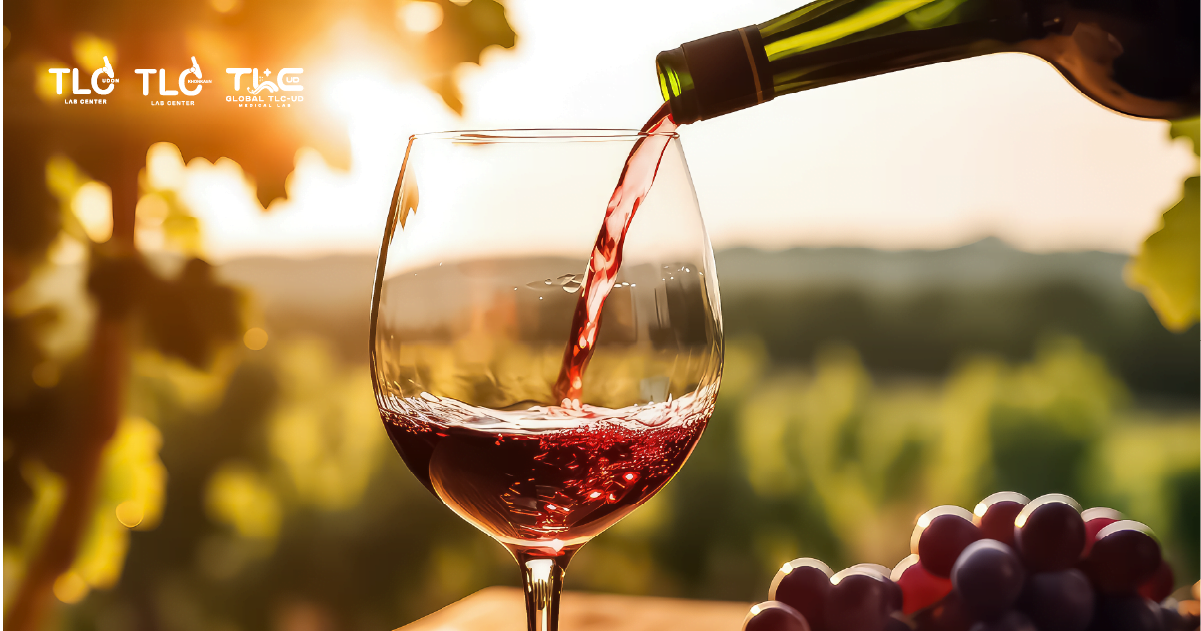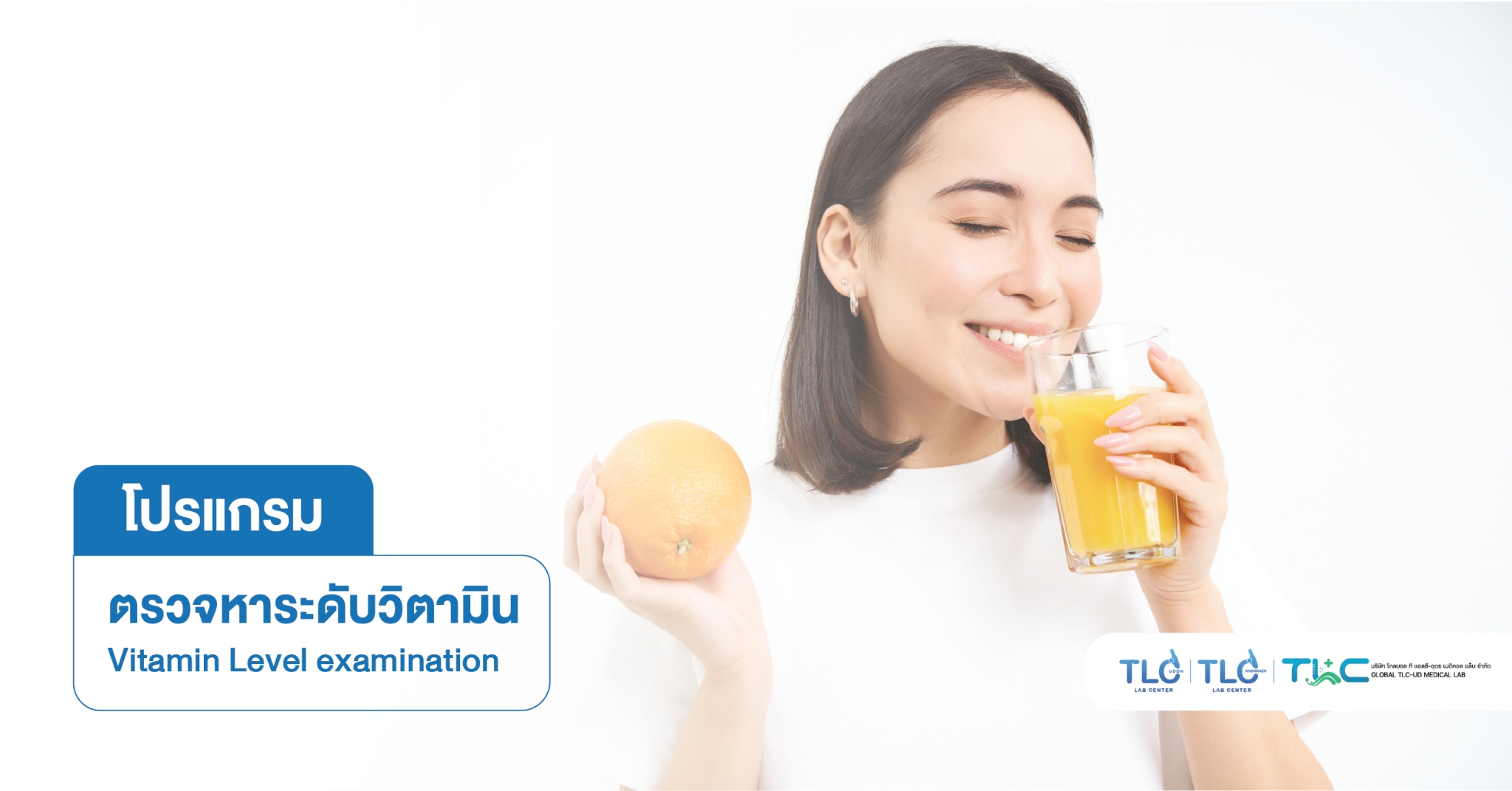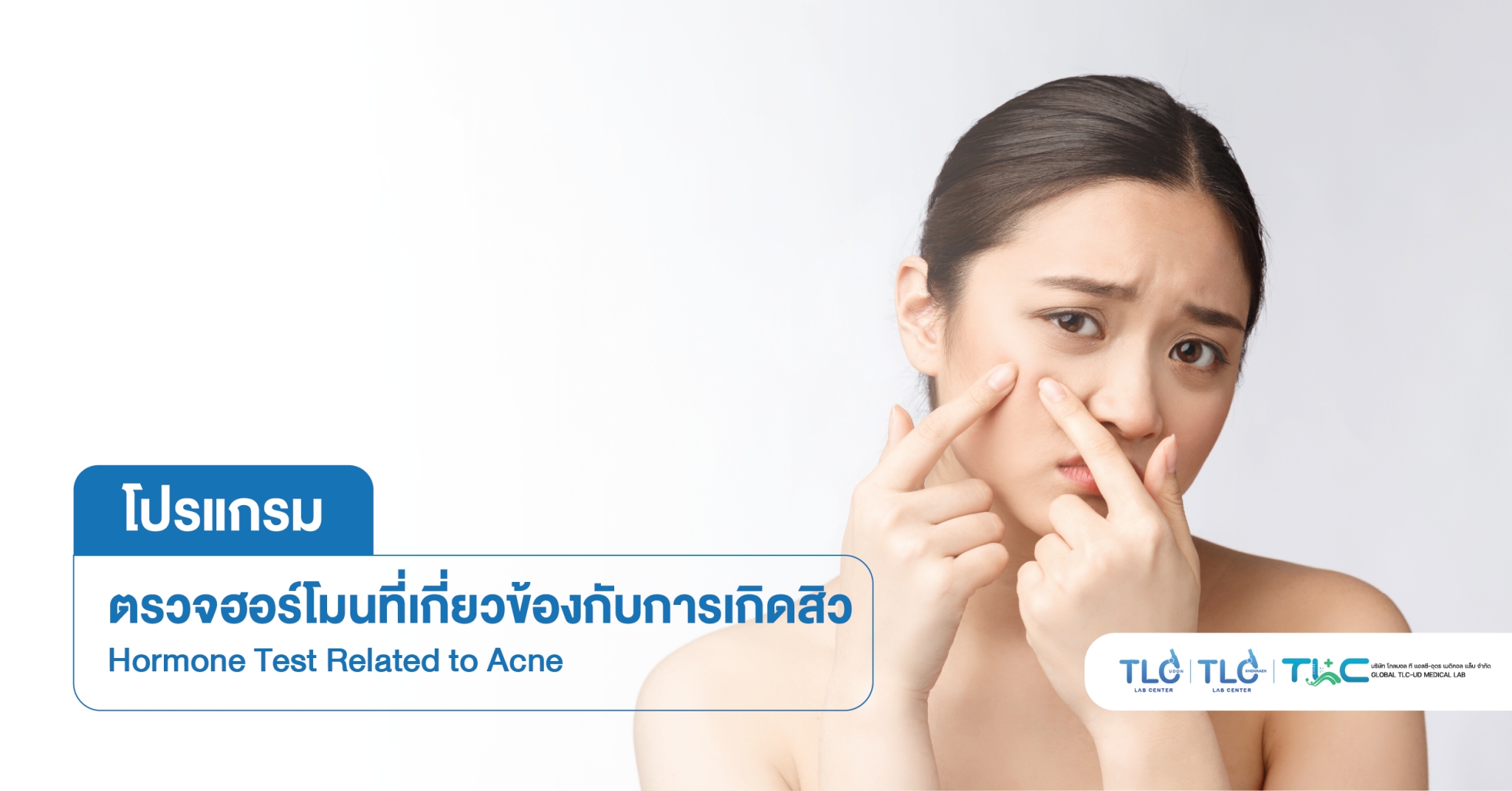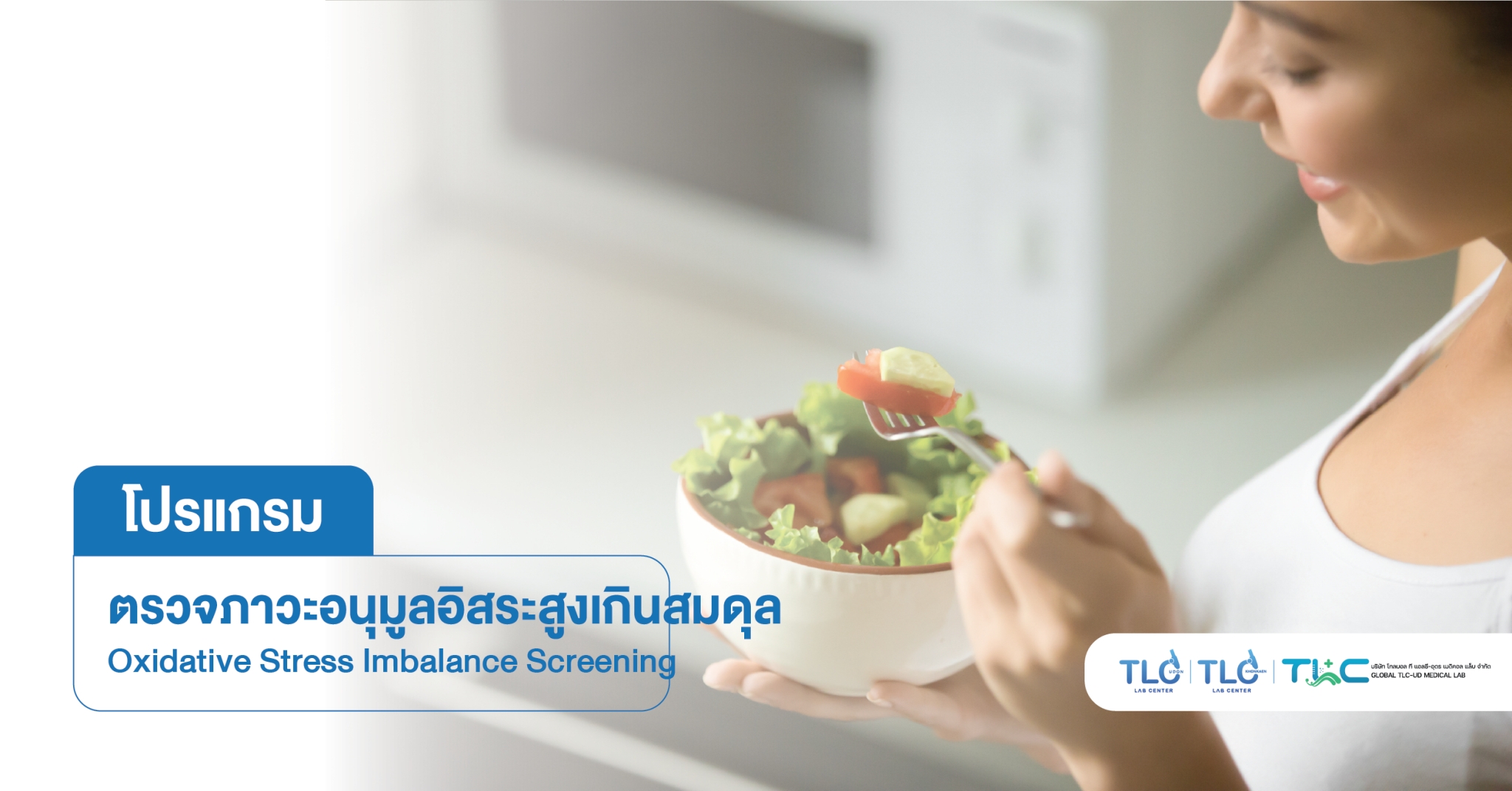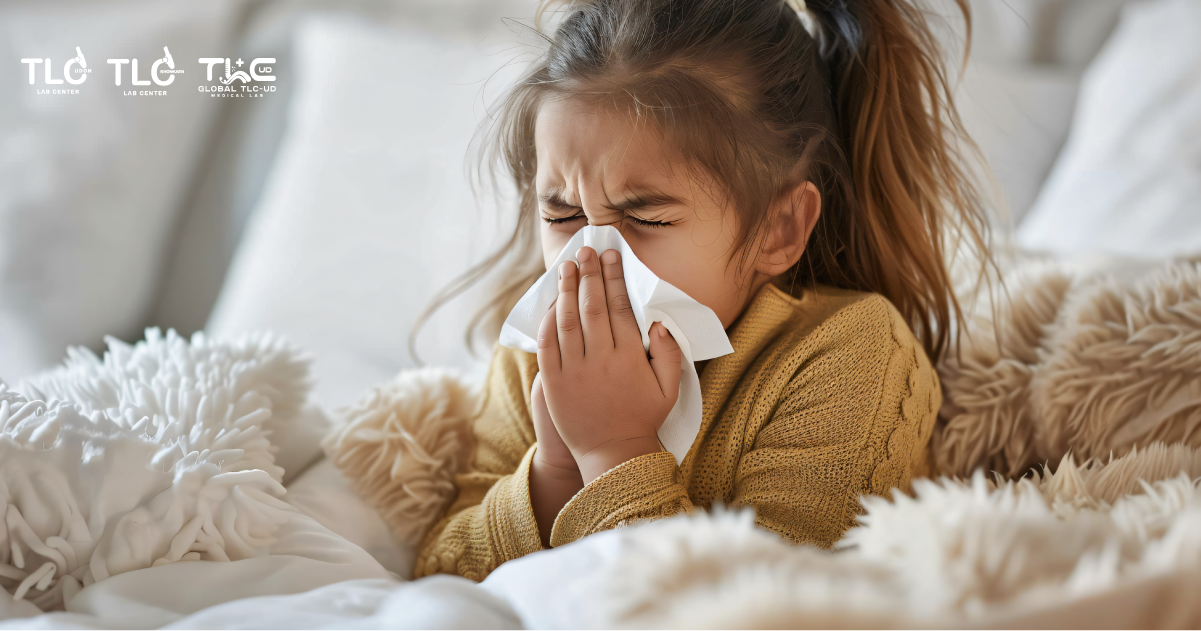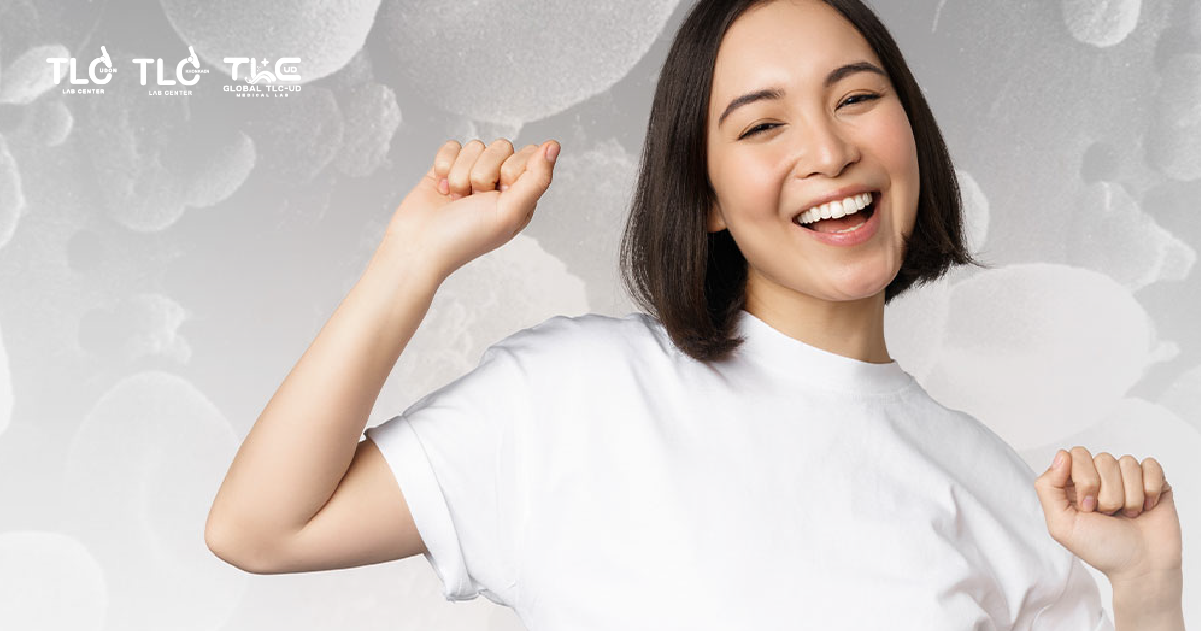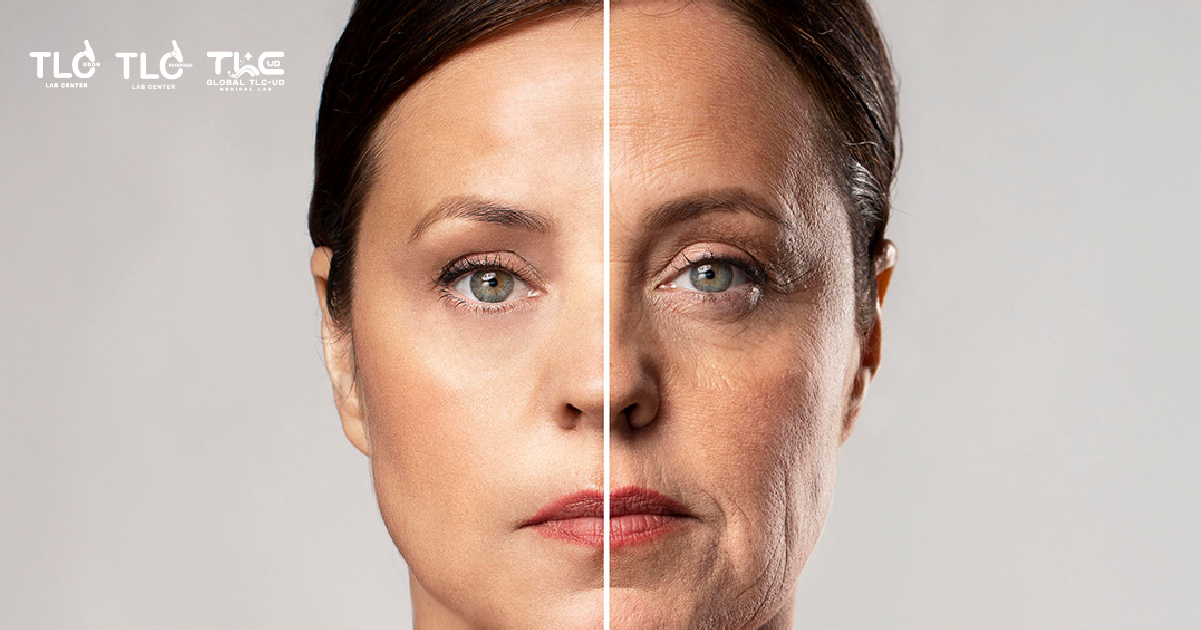Does Red Wine have anti-aging properties?
When it comes to food or drinks that help delay aging, there’s nothing quite like Red Wine. Let’s get to know Red Wine better:
The benefits of Red Wine and White Wine:
Contain powerful antioxidants. When we look at the types of wine people consume, we find that they can be divided into:
Red Wine: Made from black grapes, it has a rich and aromatic flavour. It is often enjoyed chilled, and pairs well with red meat or steak. The red colour in Red Wine comes from the grape skin, seeds, and pulp added during the fermentation process. Red Wine is fermented at high temperatures to extract colour, aroma, and the astringency of tannins, and these characteristics can vary over time.
Recommended intake: 150 cc. per glass per day.
White Wine : Not only made from green grapes but can also be produced using red or black grapes, with the red pigment removed. White Wine typically has a crisp and fresh taste, and its aroma can vary based on various factors in the production process. It pairs well with soft cheese, white bread, seafood, or salads.
Recommended intake: 150 cc. per glass per day.

Both types have antioxidants.
Red Wine has over 10 times more antioxidants than White Wine, including:
Resveratrol : Stimulates the Sirtuin 2 gene, promoting cell self-repair and helping maintain youthful skin. It also helps prevent heart disease, reduce LDL cholesterol, and protect against cancer.
Quercetin : Reduces inflammation in blood vessels, lowers LDL cholesterol, and reduces the risk of heart disease and stroke.
Piceatannol : An antioxidant that may help reduce fat accumulation and control blood sugar levels.
Oligomeric proanthocyanidins (OPC) : Enhances blood vessel strength, collagen production, and acts as a natural sunscreen, reducing damage from UV rays by up to 15%.
While White Wine also contains antioxidants, it has lower quantities compared to Red Wine.
In summary, it is clear that drinking Red Wine has more health benefits than White Wine, primarily due to the higher concentration of antioxidants. However, it is essential to consume them in moderation as excessive alcohol intake can have negative health effects.
Additional health tips :
- Resveratrol in wine helps maintain youthful skin, prevents heart disease, and reduces LDL cholesterol.
One standard drink of wine is equivalent to 5 oz or 150 cc. Generally, it is not recommended to exceed one glass.
- Consuming more than 7-10 standard units of alcohol per week increases the risk of heart and vascular diseases. Drinking in excess and too frequently is not advisable.
- Take care of physical health by eating nutritious food, regular exercise, adequate sleep, and stress management.

References:
Buljeta, I., Pichler, A., Simunovic, J., & Kopjar, M. (2023). Beneficial effects of red wine polyphenols on human health: comprehensive review. Current Issue in Molecular Biology, 45, 782-798.
Guilford, J. M., & Pezzuto, J. M. (2011). Wine and Health: A Review. American Journal of Enology and Viticulture, 62(4), 471-486.
Rifler, J. P. (2018). Is a Meal without Wine Good for Health? Diseases, 6(4), 21 pages.

